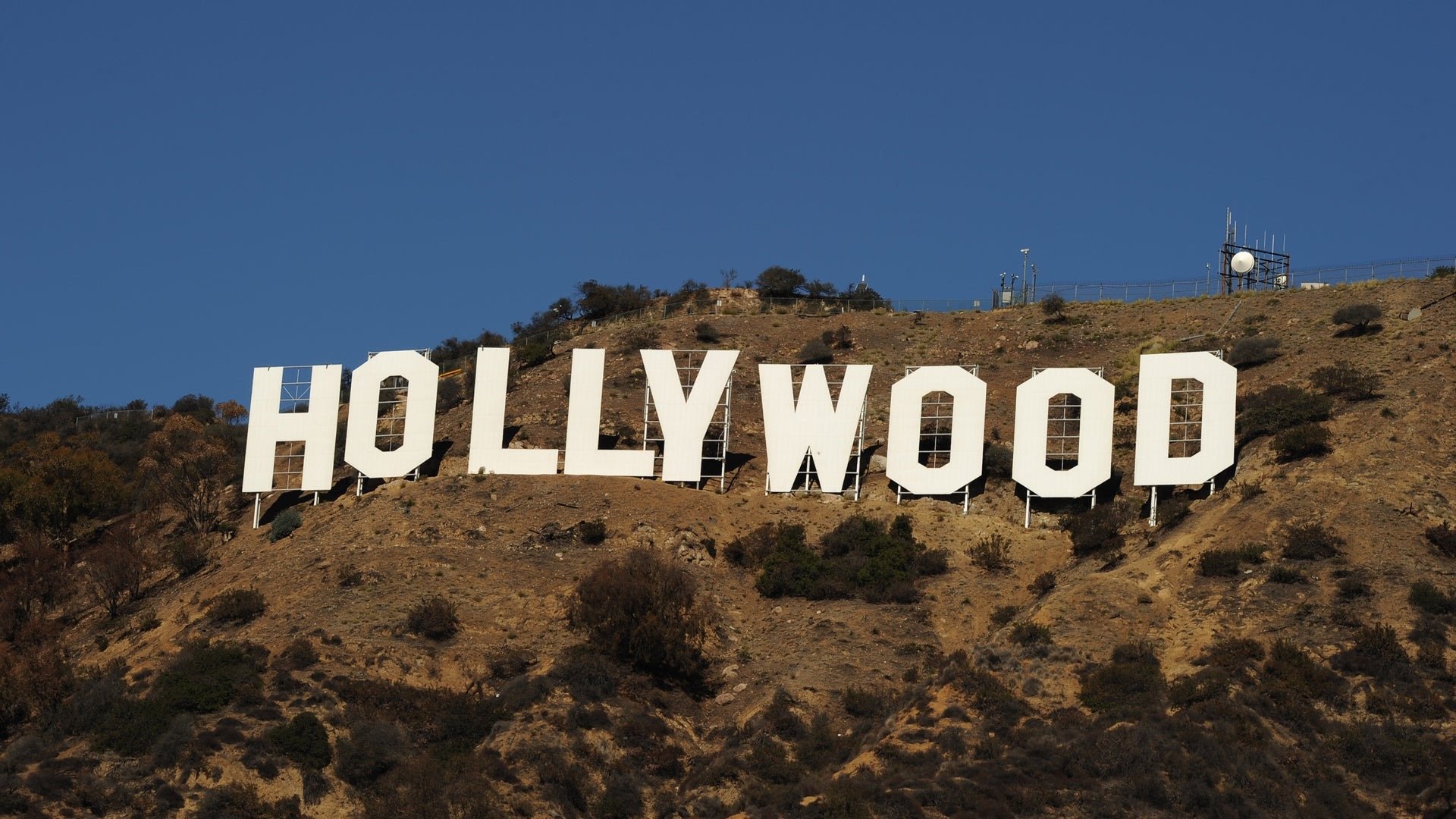In the complex intertwining of politics and society, there lies a powerful instrument known as the simulacrum. Derived from Latin, a simulacrum is a representation or imitation of a person or thing or idea. In the realm of politics, this concept finds itself deployed in narratives that, although deviating from reality, are accepted as true. The creation and acceptance of these simulacra don't occur in isolation. They are intertwined with one of the most pervasive influences in contemporary society: popular culture.
Pop culture, encompassing trends, ideas, images, and perspectives that are mainstream in a society at a given time, plays a critical role in creating useful political simulacra. Pop culture aids in normalizing these constructs, be it just one scene in a hit TV series that communicates the political ideal, or a moment that edifies a policy goal by instilling it through storytelling within the public psyche, which makes the premise more believable when applied in political narratives later on social media and cable news by politicians and pundits.
Politicians and pundits are intentionally abusing the power that pop culture holds. It’s common to see politicians align themselves with popular movies, music, fashion, or even memes to construct an image that resonates with the masses. Once established within pop culture, this fabricated image is transformed into a believable simulacrum and replicated across political discourse, shaping public perception.
For instance, consider a politician who aligns themselves with environmental activism, a theme recurrently promoted in pop culture. The politician appears on popular talk shows discussing climate change, posts pictures from hiking trips on social media, and publicly supports environmentally-themed movies or events. Over time, this carefully curated image gets solidified within pop culture, turning the politician into a simulacrum of an environmental advocate. This image may bear little resemblance to the politician's actual policy stance or voting record on environmental issues, yet it becomes the accepted truth due to its embedment in pop culture.
Pop culture can and is utilized to reinterpret historical events and figures too. Movies, TV shows, and music often reimagine historical narratives, creating new interpretations that slowly seep into public consciousness. These reinterpretations, even if they deviate from the actual events, can become simulacra, replacing the historical 'truth' with a popularized version. Politicians can then leverage these simulacra to align their narratives with these new 'truths.'
The influence of pop culture in generating political simulacra is the main weapon in the left’s arsenal. It underscores the need for individuals to engage critically with the content they consume, questioning the narratives they encounter, and differentiating between the simulacrum and the reality it purports to represent.
If the scene or song or small moment on daytime talk shows reinforce a political agenda, you’ve just spotted a pop culture simulacra being born.





